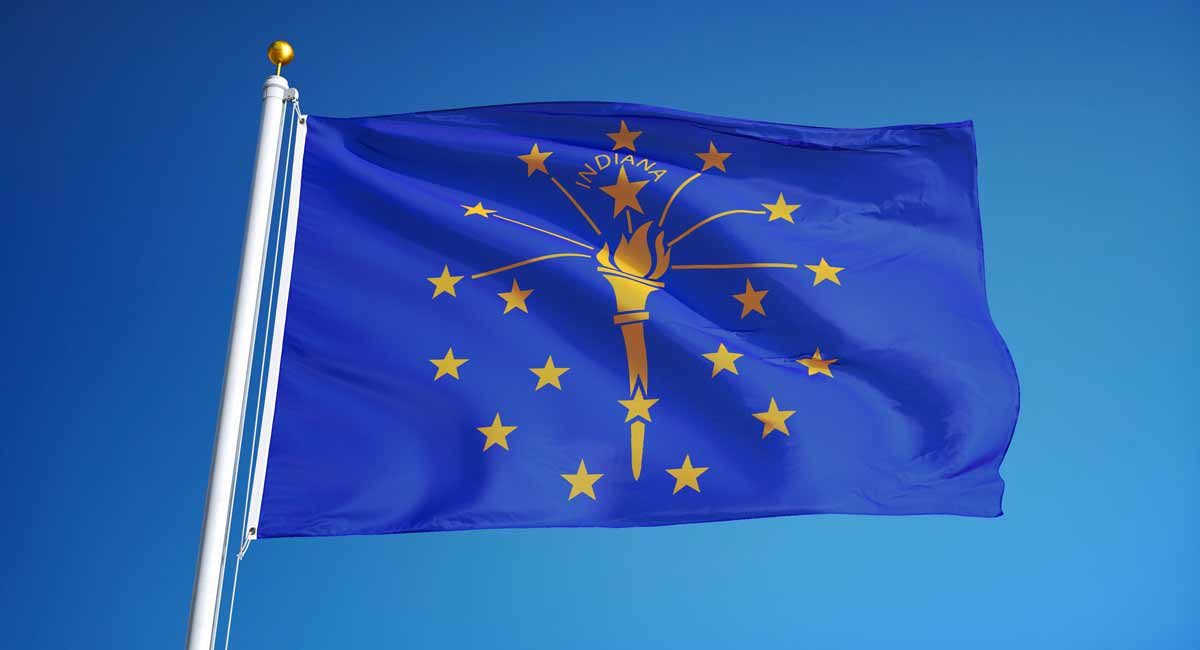Last week, the U.S. Supreme Court threw out lower court rulings on abortion restrictions in the state of Indiana which had blocked ultrasound requirements and parental notification of minors before abortions. This will give the state of Indiana another chance to defend the laws.
According to AlJazeera, “The ultrasound measure would require women to undergo an ultrasound procedure at least 18 hours before terminating a pregnancy. The second law would require that parents be notified when a girl under the age of 18 is seeking an abortion even in situations in which she has asked a court to provide consent instead of her parents, as allowed under existing law.”
The parental notification legislation has a judicial bypass component for extenuating circumstances.
Both the ultrasound and parental notification laws were signed by now-Vice President Mike Pence, then governor of Indiana, and were overturned by the Chicago-based 7th Court of Appeals.
READ: Justice Samuel Alito: Supreme Court’s Louisiana abortion ruling ‘twists the law’
The new Supreme Court ruling told the 7th Court of Appeals to reconsider both laws, and to keep in mind the recent ruling in Louisiana, in which the Supreme Court ruled that the state’s admitting privilege law is unconstitutional.
Ultrasound laws are frequently labeled by abortion advocates as unfair and invasive, but ultrasound is actually a common part of the abortion process. More importantly, as far as the abortion industry is concerned, ultrasounds have also led many women to choose life for their preborn children instead of abortion.
Parental consent laws are also an important method of protecting minor children from traffickers, abusers, and predators. Americans overwhelmingly support parental consent laws, as polling has consistently shown.
Ken Falk, legal director for the ACLU of Indiana, told WBOI that he doesn’t understand the Supreme Court’s ruling. “From our point of view, the law is the same,” Falk said. “And that was the law that led to the district court and the Court of Appeals in both decisions finding that we should obtain a preliminary injunction.”
In addition, the Supreme Court “left in place a ruling in favour of an abortion clinic seeking a license to open a branch in South Bend,” according to AlJazeera. “The state appealed when the 7th Circuit ruled in 2019 that abortion provider Whole Woman’s Health could get a provisional license while the litigation over the matter continued.”
For their part, Indiana Right To Life expressed both optimism and disappointment over the Supreme Court rulings. “We are very disappointed in the Court’s denial of Indiana’s licensing appeal, but are cautiously optimistic that the ultrasound and parental notification appeals will find success in the Seventh Circuit,” Indiana Right to Life President and CEO Mike Fichter said in a statement. “We are very thankful for the relentless effort Attorney General Curtis Hill has given to defending Indiana’s pro-life laws in the courts.”
“Like” Live Action News on Facebook for more pro-life news and commentary!







